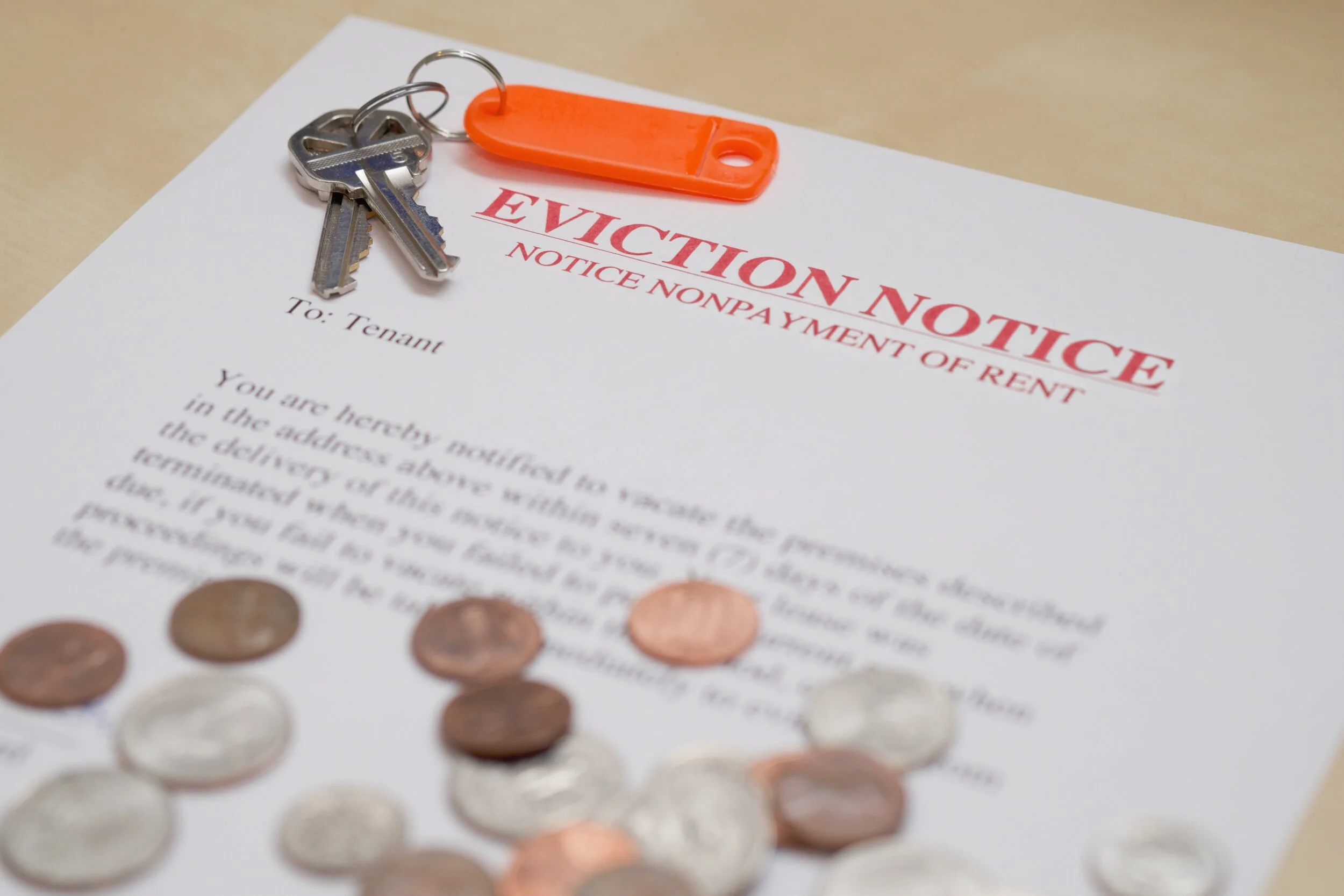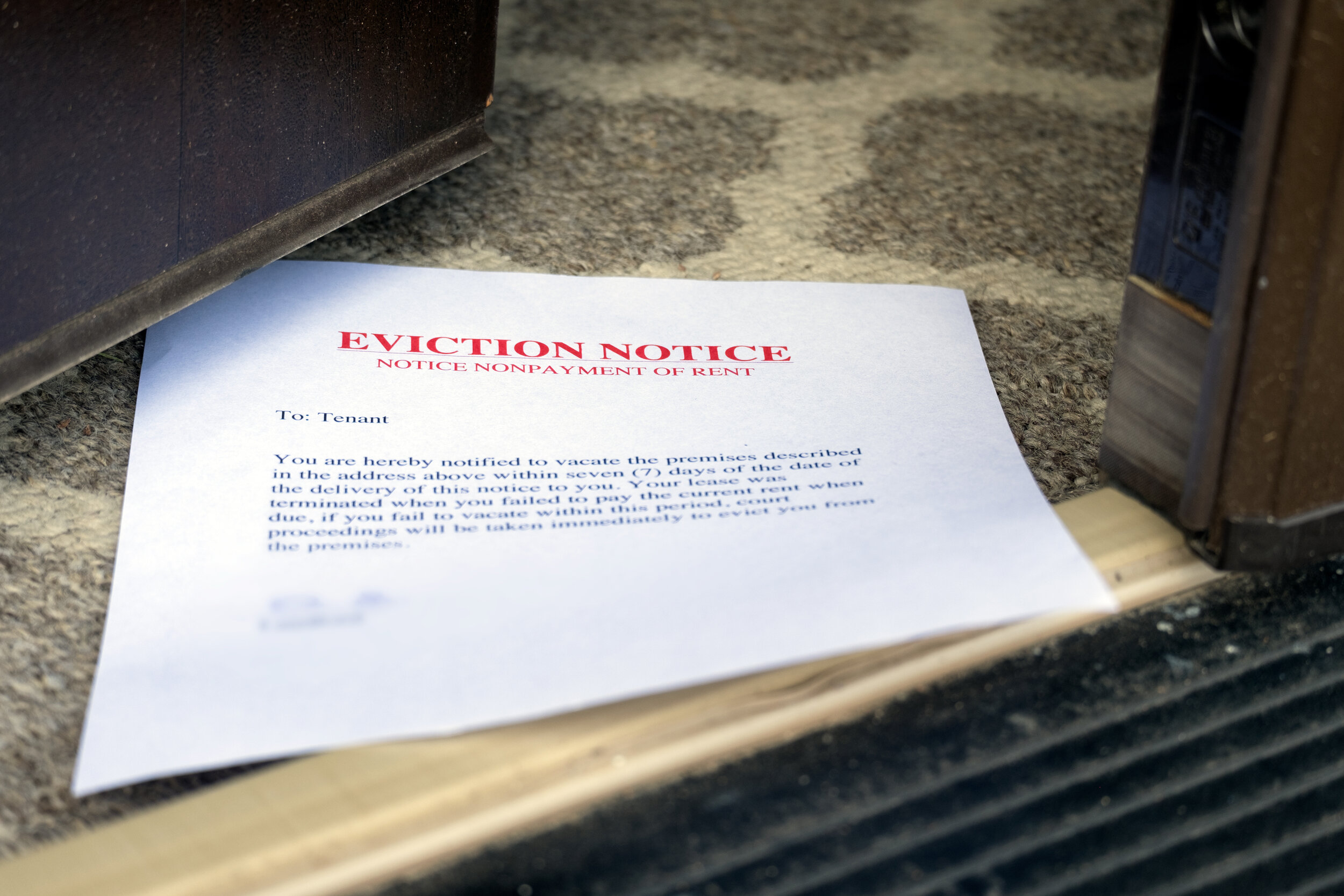
Legal Blogs
Mandatory Information on HOA Delinquency Notices
As managers and board of directors know, associations are required to follow the collection policy for each association. The association’s collection policy is the document that outlines the process for how collections are handled. Each policy will outline how many Notices are sent prior to an owner’s account being turned over to legal counsel.
Carmen Stefu, Director of Marketing & Client Relations
WesternLaw Group is excited to announce the addition of Carmen Stefu to our great team in the position of Director of Marketing & Client Relations. Carmen will be available to help our HOA clients through her unique perspective of having managed Community Associations, having owned a management company and having widespread interactions in HOAs.
Fiduciary Duties Of HOA Board Directors
In simplest terms, a fiduciary duty is considered the highest standard of care and, if a Board Director breaches one of the fiduciary duties, they can be found personally liable for that breach, although CCIOA does not hold Directors liable for actions or omission in performance of their duties except for wanton and willful acts or omissions.
Assessment Caps: Consequences & Solutions
A very important responsibility of an HOA Board is to provide services and maintenance to the community, which are paid solely from assessments or special assessments. However, some HOA Declarations contain a cap on how much assessments can be raised each year without membership approval.
Current Versions of Legally Required HOA Policies
The Colorado Common Interest Ownership Act (“CCIOA”) requires that all HOAs adopt specific policies (C.R.S. § 38-33.3-209.5). Furthermore, the Colorado legislature also enacted a statute requiring many companies to adopt a policy regarding the storage and protection of homeowners’ personal identifying information, which HOAs also must comply with.
2021 Legislative Updates
Two new House Bills which directly impact HOAs were signed into law on July 2, 2021, one limiting restrictions on signs and flags, and one clarifying landscaping, e.g, non-vegetative turf, and renewable energy requirements, e.g., solar panels, etc. These changes will take effect on September 2021 unless referred to the people for a vote.
Colorado Guidance on Opening Outdoor Pools
HOAs and the Boards have the responsibility to manage their Association’s amenities, which may include a pool. We recommend consulting with the HOA’s legal counsel and insurance agent to determine if the Boards should open the pool in 2021. If your Board votes to open the pool, here are some state and local government requirements and recommendations.
Best Practices in Transferring Collections to Attorneys
When notices from the H.O.A. prove unsuccessful in recovering delinquent assessments, transferring collections to a law firm is likely the next step. However, there is a prerequisite that must be fulfilled prior to the transfer, and there are certain documents and information that should be sent to…
Senate Bill 21-002 and Collection Restrictions Continued
As you may be aware, Senate Bill 20-211 (“SB 20-211”), which put restrictions on certain collection actions, expired on February 1, 2021. However, these restrictions were extended by Senate Bill 21-002 (“SB 21-002”) signed into law on January 21, 2021. Like its predecessor…
Can an HOA Enter a Unit?
There may be times when an HOA Board may be in a situation where it needs to enter a condominium or townhouse Unit in their community. The Board does not have unrestricted access to the Units in their community, and the limits and the authority to enter a Unit are governed by the HOA’s Declaration.
Good Standing & HOA Elections
What if, during your annual meeting, an Owner who is delinquent or not in good standing is nominated for a vacant Board position? Can this Owner run for a Board position? Or are they prohibited for lack of good standing? The answer may surprise you.
Holding Virtual Annual Meetings
Many HOAs are hosting their required annual meetings towards the end of the year. In addition to the stress of making sure such meetings run smoothly, Boards and managers have to also navigate annual meetings during the COVID pandemic.
Legislative Update: Colorado 2020 Regular Session
As the Colorado Legislature’s Regular Session closed for the year, two HOA related bills were passed into law, and another bill was put on hold. Read on for a summary of the new changes these laws will introduce into the realm of HOAs and managing companies.
Free Speech or Covenant Violation?
Many times, Homeowners express their passions and interests in the form of signs and/or flags on their property. However, HOAs are sometimes asked to restrict signs and flags that are controversial or politically charged. Legally, some signs and flags cannot be prohibited under Colorado law, although HOAs are given discretion to restrict the number, size, and length of time such items can be displayed.
Senate Bill 20-211 and HOA Collection Efforts
Senate Bill 20-211 was just signed into law on June 29, 2020, and puts temporary restrictions on debt collectors pursuing certain debt collection actions. The law prohibits a debt collector from taking “Extraordinary Collection Actions” if certain prerequisites are not met.
Effectively Communicating Closing HOA Amenities
HOA Boards have the responsibility to manage their HOA’s amenities. Due to the ongoing pandemic, many HOAs find themselves in the unique position of having to close amenities for health safety reasons or regulate how their amenities can be used by the Owners, in compliance with city, state, and federal health guidelines during the pandemic.
Guiding Your HOA Through COVID-19
Although some industries have been effectively shut down during the COVID-19 pandemic, the governance of HOAs has not been halted, and HOAs are still reliant on the receipt of assessments in order to pay the HOA’s ongoing bills. Unfortunately, Owners may have been financially impacted or may have lost their jobs due to the pandemic. As such, HOA Boards may be receiving requests for leniency from those Owners who have been financially impacted.
Communicating Electronically Amid COVID-19
Due to the need for minimal social contact during the coronavirus pandemic, Annual Meetings, Board Meetings, and other HOA matters are either being postponed or cancelled. Boards are left wondering how to best keep their affairs running smoothly while still staying safe. So, what can a Board do?
Short-Term Rentals In Colorado HOAs
Short-Term Rentals, which may range from nightly rentals up to six-month rentals, have become a problem in HOAs due to websites such as Airbnb and Vrbo. As you likely know, the Colorado Supreme Court has held that HOAs cannot restrict Short-Term Rentals unless their Declaration specifically allows such a restriction.
HOA Responsibility for Homeowner Education
While CCIOA dictates that there is a duty for an HOA to educate its owners, what precisely will satisfy that requirement is very broad; CCIOA leaves the criteria for compliance with the statute up to the discretion of the board. Essentially, the board of the HOA will determine what education the homeowners will receive, how they will convey that education, and when the education will be given.




















